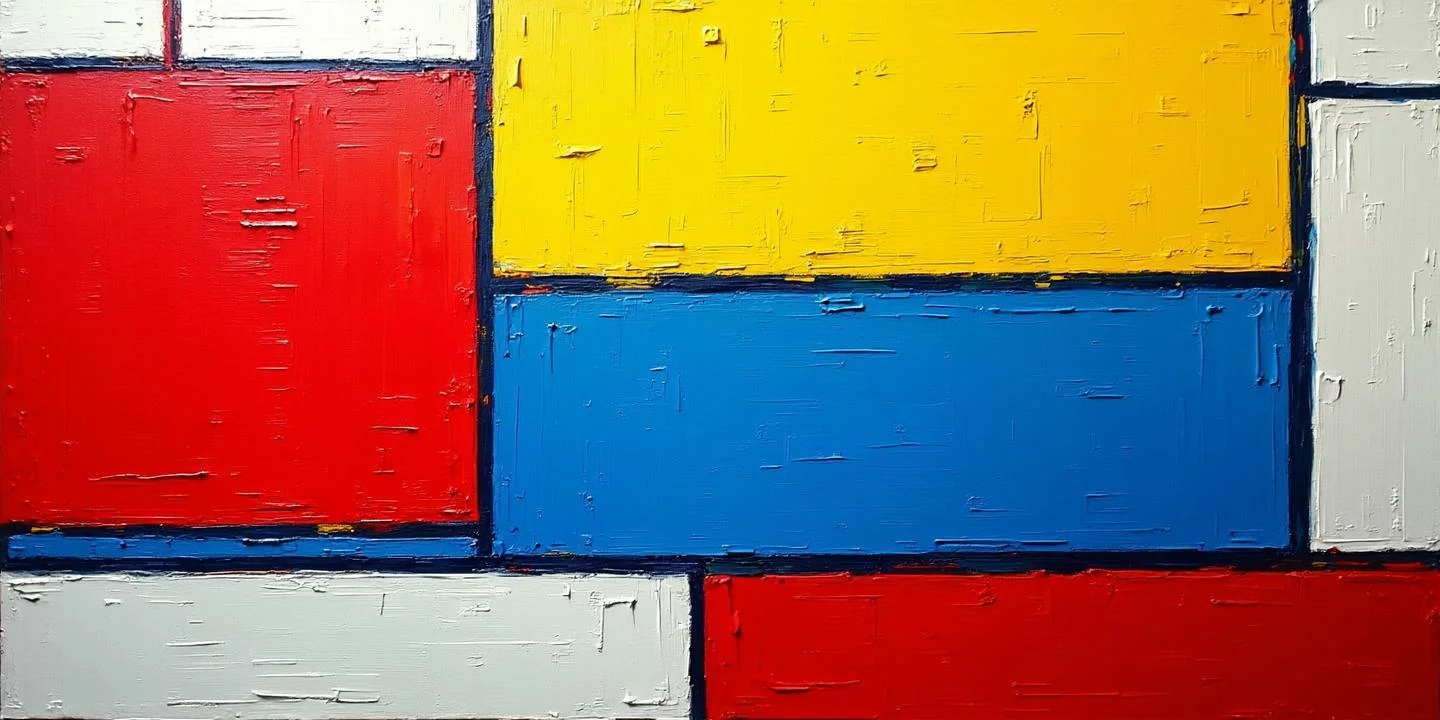
Quirk: Why Embracing the Unexpected Makes Life (and You) More Interesting
The 拥抱word “quirk” often sparks curiosity. Is it a flaw, a superpower, or just a harmless oddity? If you’re searching for this term, you’re likely seeking clarity—or validation—about quirks in yourself, others, or even fictional worlds. Let’s break it down.
What Is a Quirk?
A quirk is an unexpected trait, habit, or behavior that stands out from the norm. Think of it as a mental or physical “glitch” that makes someone (or something) memorable. While quirks are often harmless, they can shape identities, stories, and even careers.
Quirks in Pop Culture: From Flaws to Superpowers
Psychology of Quirks: Are They Good or Bad?
Quirks exist on a spectrum:
1. Charming: A habit of collecting vintage postcards or laughing too loudly.
2. Disruptive: Over-apologizing or obsessive routines that interfere with daily life.
3. Neutral: Preferring odd food combinations (pineapple on pizza, anyone?).
Experts suggest quirks often stem from creativity, trauma, or neurodivergence (e.g., ADHD, autism). The key? Context. What’s endearing in one setting may grate in another.
How to Own Your Quirks (Without Apologies)
1. Identify the “Why”: Does your quirk help you cope, create, or connect?
2. Reframe Judgment: Odd ≠ bad. Unusual interests (like memorizing train schedules) can signal deep expertise.
3. Set Boundaries: If a quirk harms relationships (e.g., interrupting others), address it compassionately.
Quirks in the Wild: Real-Life Examples
FAQs About Quirks
Quirks remind us that “normal” is overrated. Whether you’re decoding a fictional character’s oddity or navigating your own, remember: the world needs more originality, not less. What’s your quirk?